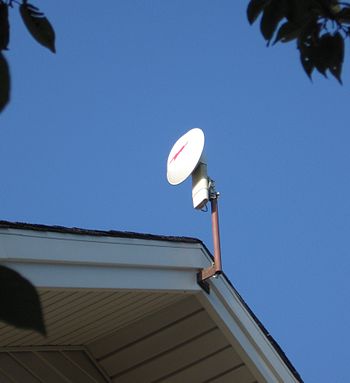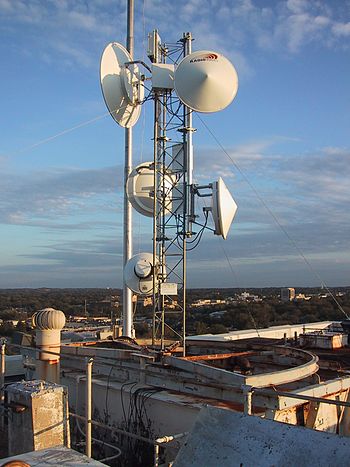AT&T (NYSE:T) has unveiled Project AirGig, a technology intended to deliver multi-gigabit Internet speeds via power lines and unlicensed wireless spectrum to any home or handheld wireless device. The company expects to kick off the first field trials in 2017.
“Project AirGig has tremendous potential to transform Internet access globally – well beyond our current broadband footprint and not just in the United States,” said John Donovan, chief strategy officer and group president, Technology and Operations, AT&T. “The results we’ve seen from our outdoor labs testing have been encouraging, especially as you think about where we’re heading in a 5G world. To that end, we’re looking at the right global location to trial this new technology next year.” Continue reading








